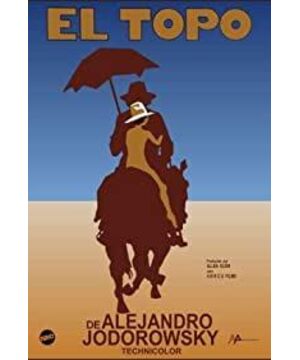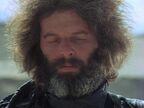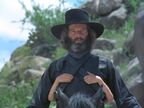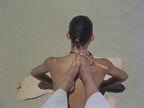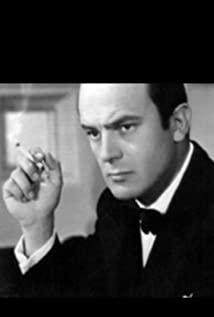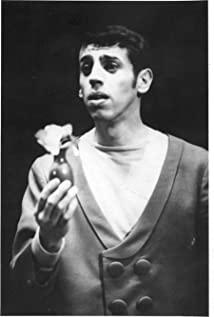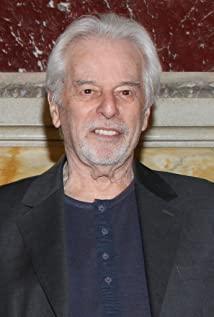I think the whole film is talking about one thing, self-knowledge. From the beginning, I took my naked son on the road, left my son to look for four masters, and finally met my grown-up son when I became enlightened. I think the image represented by the son may be the protagonist himself, another self, And when he met himself after challenging the master until he became enlightened, it was a kind of return, seeing the flesh and stinky skin of the world.
There are many Zen elements in the film. The first master's Indian-style dress, the last master's sacrifice, knowing the protagonist's last monk appearance and self-immolation, including some lines, all reveal a strong Zen color.
In fact, the West still likes the idea of Zen Buddhism very much. The meaning of Zen Buddhism does not arise from a single thought, present moment, etc. It also coincides with the philosophy of existentialism. The Beat Generation Ginsburg and others were also deeply influenced by Zen, which shows that Eastern philosophy is indeed broad and profound.
View more about El Topo reviews


